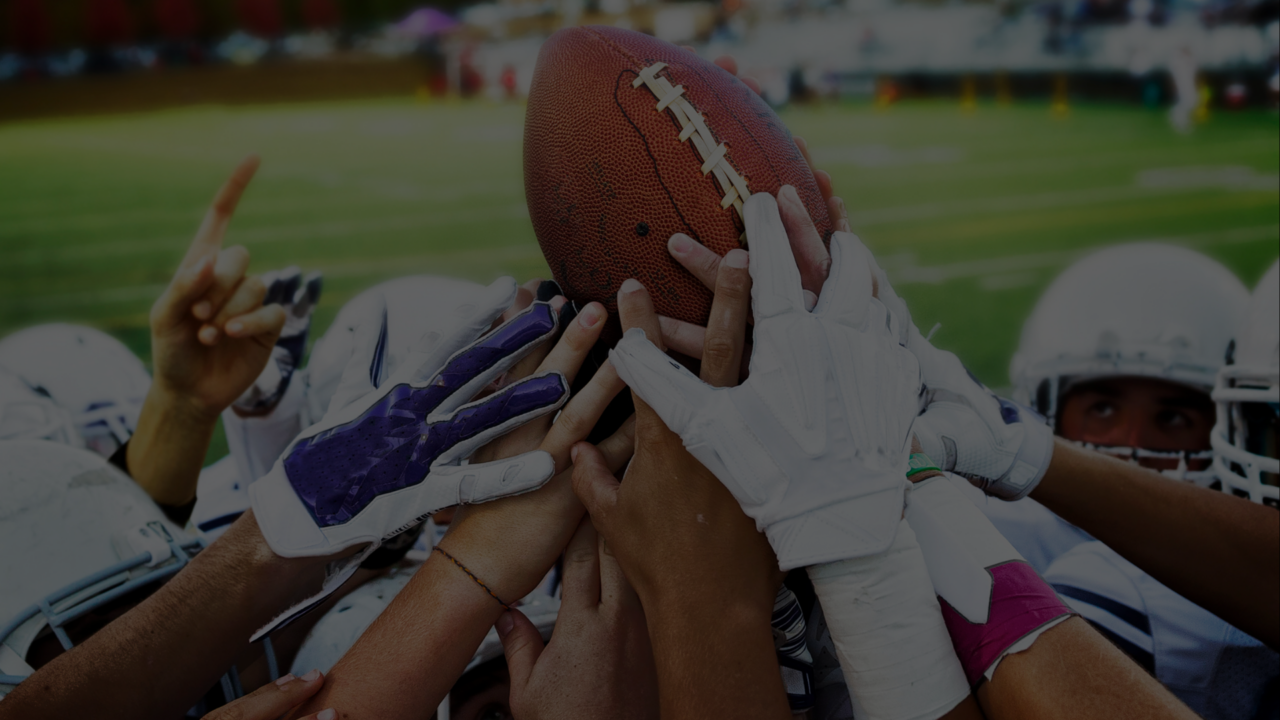As a Name, Image, and Likeness (NIL) player, you have a unique opportunity to monetize your personal brand through endorsements, sponsorships, and other deals. However, with great opportunities come great responsibilities, particularly when it comes to managing your taxes and avoiding surprise bills or penalties. One key aspect of tax planning is understanding what expenses you can deduct to help minimize your tax bill this upcoming tax season.
Understanding Ordinary and Necessary Expenses
When it comes to tax deductions, the IRS allows you to claim both ordinary and necessary expenses. But what do these terms mean?
Necessary Expenses: These are expenses that are helpful and appropriate for your business. While these may not be strictly essential, they contribute to your ability to generate income and operate efficiently.
Ordinary Expenses: These are expenses that are common and accepted in your industry. For NIL players, this includes costs that athletes typically incur as part of their profession.
Examples of Ordinary and Necessary Expenses
1. Training and Coaching
- Personal Trainers: Fees paid to personal trainers to keep you in peak physical condition.
- Specialized Coaching Sessions: Costs for sessions with specialized coaches to improve specific skills.
2. Equipment and Gear
- Sports Equipment: Purchases of sports equipment like bats, balls, and protective gear.
- Uniforms and Apparel: Costs for uniforms, apparel, and other clothing necessary for your sport.
3. Travel
- Airfare for Competitions: Costs for flights to different locations for competitions or promotional events.
- Lodging for Endorsements: Expenses for hotels or accommodations while traveling for endorsements.
- Meals During Travel: Meal costs incurred while traveling for business purposes.
4. Marketing and Promotion
- Photoshoots: Costs associated with professional photoshoots to create promotional material.
- Video Production: Expenses for producing promotional videos.
- Social Media Advertising: Costs for running ads on social media platforms to promote your brand.
5. Legal and Professional Fees
- Legal Advice and Contract Review: Fees for legal advice and contract reviews to ensure your deals are legally sound.
- Accounting Services: Costs for hiring an accountant to manage your finances and taxes.
6. Insurance
- Health Insurance: Premiums for health insurance to keep you protected.
- Business Liability Insurance: Coverage to protect against potential liabilities in your business endeavors.
7. Technology
- Laptop for Business Use: Costs for a laptop used to manage your NIL activities.
- Software Subscriptions: Fees for software that help you manage your business.
8. Office Supplies
- Printer and Paper: Costs for office supplies like printers, paper, and other stationery.
- Stationery and Other Supplies: Expenses for other necessary office supplies.
9. Home Office
- Portion of Rent/Mortgage: If you use a part of your home exclusively for managing your NIL activities, you can deduct a portion of your rent or mortgage.
- Utilities and Internet: A portion of your utility and internet bills related to your business.
10. Education and Training
- Online Courses: Costs for online courses to enhance your skills and knowledge.
- Seminars and Workshops: Fees for attending seminars and workshops relevant to your industry.
11. Networking and Membership Fees
- Professional Organization Membership: Costs for joining professional organizations.
- Networking Event Fees: Expenses for attending networking events.
12. Communication
- Phone Services: Costs for phone services used for business purposes.
- Internet Services: Expenses for internet services needed to manage your NIL activities.
Why Documentation is Crucial
Proper documentation is essential when claiming these expenses. Keep detailed records and receipts for all your expenditures. This not only helps you during tax time but also ensures you are prepared in case of an audit.
Consult a Professional
Navigating tax laws can be complex, especially for NIL players with varied income streams. It’s wise to consult with a tax professional who understands the unique circumstances of athletes. They can help you maximize your deductions and ensure compliance with all tax regulations; plus, they can help improve your financial literacy overall, setting you up for success in making the most of every dollar you earn.
Conclusion
Understanding and utilizing tax deductions can significantly reduce your taxable income and help manage your financial resources efficiently. By keeping track of ordinary and necessary expenses, you can ensure that you are maximizing your deductions and staying compliant with tax laws. For personalized advice, always consult with a qualified tax professional.




